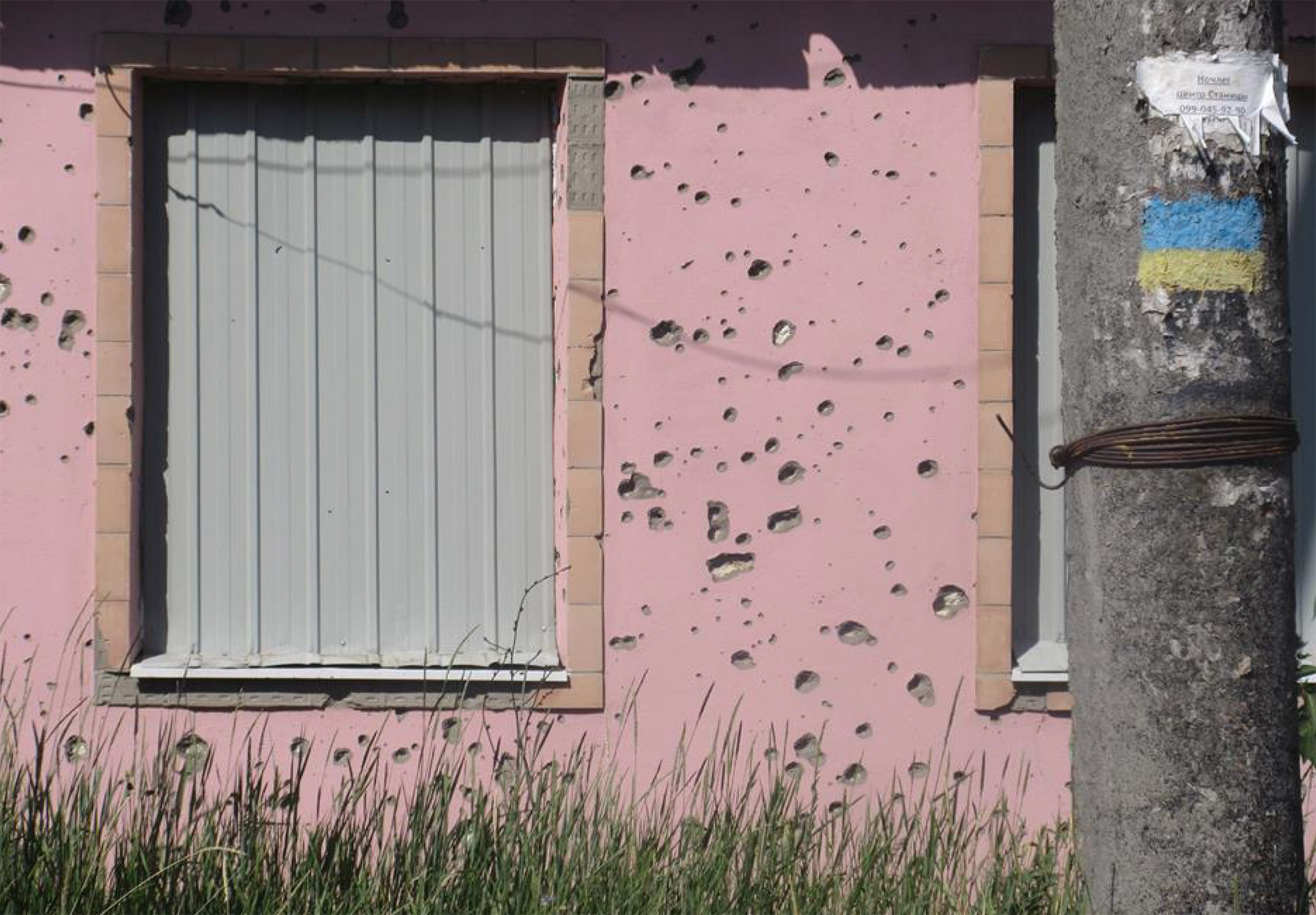The Gender Pilot implemented in Ukraine aimed to explore the nature of problems ordinary citizens residing on government-controlled and non-government controlled areas of Luhansk and Donetsk regions are facing due to the armed conflict in Ukraine. The main purpose of this pilot research project was to get a better understanding of the problems faced by ordinary people, living in extraordinary conditions due to the armed conflict. Special attention is given to a gender sensitive approach during the preparation, implementation of the research as well as analysis of the data.
The aim of the research was to identify:
- How can the policy of recognition and/or non-recognition by the state of certain facts of life among vulnerable groups in the conflict regions (including non-government controlled territories) affect the lives of citizens and their families?
- How can the state influence the processes of recognition and mitigate the negative impact of the situation?
- Which groups of citizens are more vulnerable in a situation of insufficient or slow response of the state?
- Which groups of citizens and specific issues require most attention and urgent response in order to mitigate the critical situation of those, who live under extreme conditions of active warfare?
A considerable number of men and women in Ukraine are impacted by the armed conflict in Ukraine either directly (participation in the war) or indirectly (internal displacement of 2 million individuals, labour migration). The gender roles of men and women in public and private life also start to change in the context of war economy. In order to provide effective support measures, it is important to closely follow these developments and foresee their potential implications for the peacebuilding process.
PAX believes that paying attention to gender is crucial for understanding the social, political and economic dynamics of peace and security. Gendered experiences of injustice, marginalization and humiliation can be drivers of armed conflict, while the disruptions brought about by armed conflict can have profound impacts on traditional gender roles, norms and attitudes. The resulting shifts in power relations can take place at from the level of households right up to the sphere of national politics and policymaking. Gender is just one identity marker, and PAX addresses the fact that gender intersects with other identities, such as age, ethnicity, religion, education level and so forth, to form multiple layers of oppression and discrimination.
For PAX, gender is a cross-cutting policy priority. Seeking integration of gender perspectives in all our programming, we support struggles for equal rights and inclusive justice where we can as these interlink with the objectives of our partners in conflict-affected areas as well as in regional and international security policy advocacy. A gender-sensitive approach to peace and justice is important because it takes into account how men, women and gender non-binary people could have different needs, play different roles and face different constraints (such as obstacles to participation in decision-making and access to resources) in the context of armed conflict, peacebuilding processes and human security.
On the basis of an in-depth analysis, recommendations will be made to state institutions and non-governmental organizations in Ukraine at the local, national and international levels to improve the effectiveness of their assistance.
Contact
Andriy Korniychuk, Programme Manager Eastern Europe & Eurasia, korniychuk@paxforpeace.nl
Activiteiten & resultaten
Research, community session, publication and round-table
- Research
Semi-structured interviews and focus groups with approx. 50 respondents residing near the frontline and on non-government controlled areas of Ukraine. - Publication
The analysis and results of the research will be summarized in a publication in Ukrainian and English. - Community session
Conducted in Sviatohirsk with representatives of local community to discuss the results of the research and their applicability to the local, regional and national contexts. - Round-table (final conference)
At the end of the project authorities, decision-makers, NGOs, academics, experts and various donors will be invited to attend a discussion during which PAX will pay special attention to gender sensitive approach to peacebuilding in Ukraine and discuss the challenges faced by organizations trying to understand better the needs of individuals during the period of an ongoing armed conflict.
You can listen to the presentations and discussions here.
PAX plans to implement follow-up activities to address the identified priority areas in terms of supporting the vulnerable groups facing problems due to the extraordinary living conditions near the contact line.




